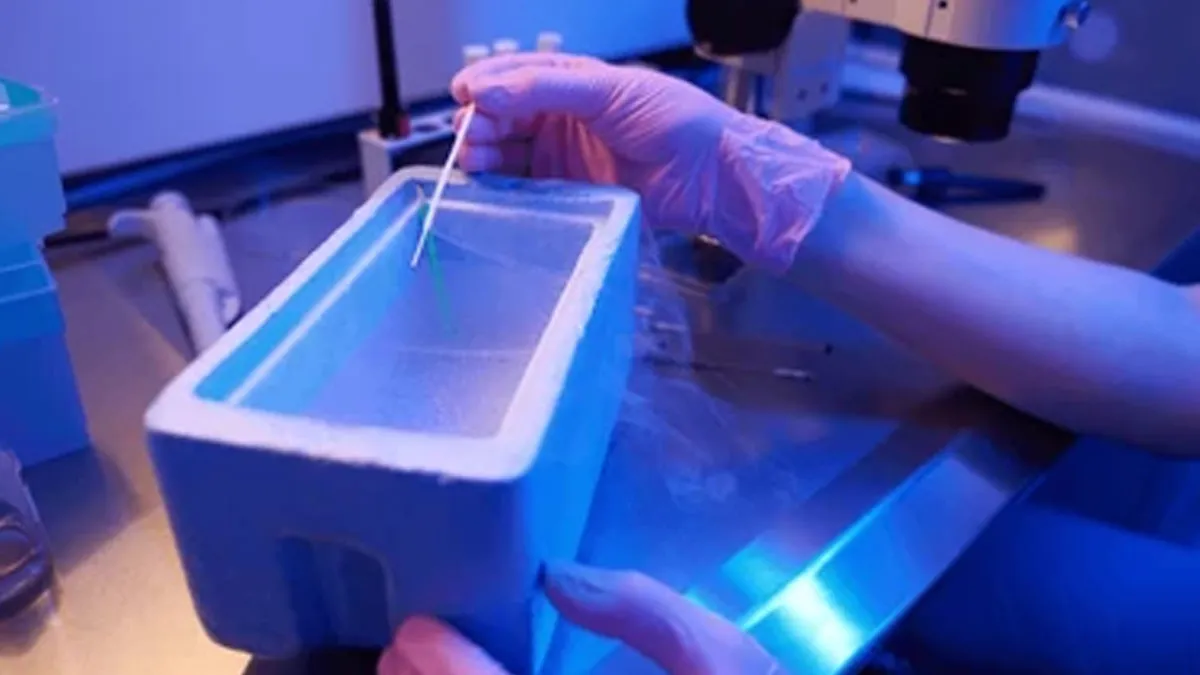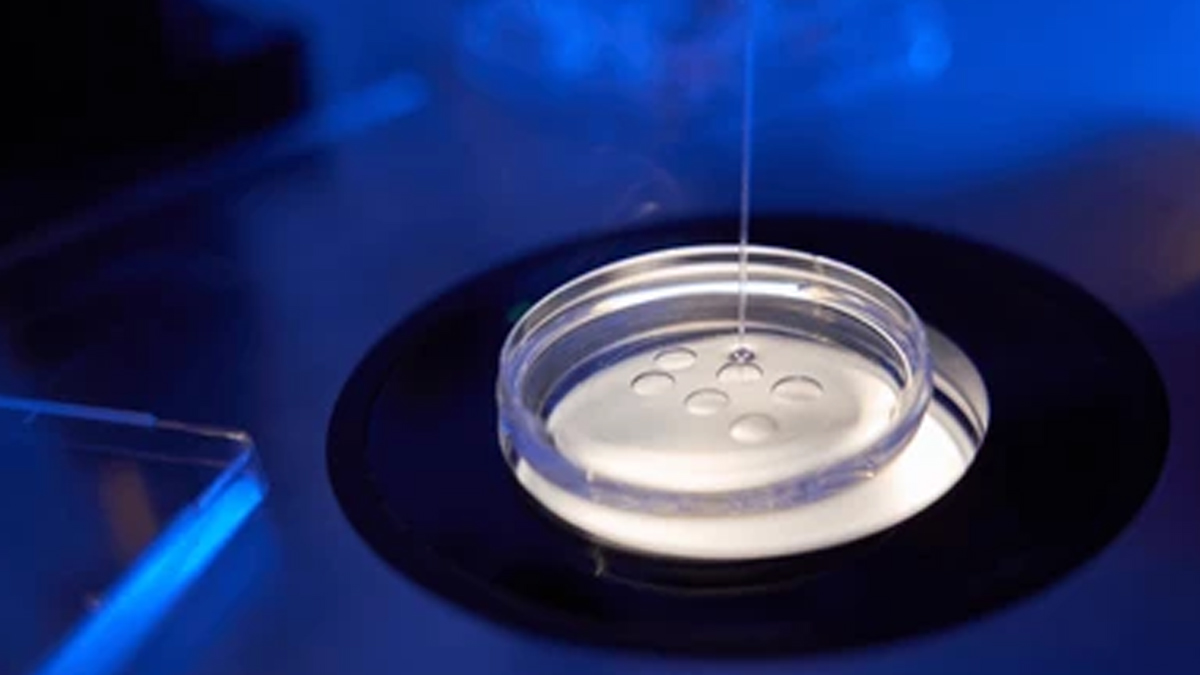
Unlike the previous generations, young adults today often prioritise their personal growth and career development rather than rushing into marriage and starting a family during their 20s and early 30s. Keeping fertility in mind for those who wish to delay their parenthood, egg freezing has emerged as an advanced and empowering solution. Summer is ideal for its unique benefits supporting your reproductive health, especially for those planning to undergo egg or embryo freezing.
Table of Content:-
We spoke to Dr Sushma Baxi, MBBS, MD - Gynaecologist, Clinical Head and Fertility Specialist, Oasis Fertility, who explained why summer is the ideal month for egg freezing.
What Is Egg Freezing?

Egg freezing, also known as oocyte cryopreservation, is a modern fertility-preserving method that allows individuals to store healthy eggs for future use. During the procedure, medication is administered to stimulate egg development. These eggs are then collected from the ovaries and preserved through freezing. Later, the eggs can be thawed and fertilised with sperm to form an embryo. This embryo can then be transferred to the uterus during an embryo transfer cycle.
Also Read: Is Egg Freezing In Your 20s A Smart Move For Women? Expert Weighs In
Egg Freezing During Summer

Traditionally, many Indian weddings were held in the summer, and many women conceived soon after. Although this was largely seen as a cultural or seasonal preference, modern science is now catching up with what our ancestors may have intuitively understood.
This tradition debunks the myth that summer isn't the ideal time for undergoing egg freezing. Today, science supports the tradition by giving numerous facts about how summer can be a supportive and successful season for those planning their fertility journey.
One of the most important factors here is sunlight, the vitamin D our body produces when exposed. It plays a crucial role in regulating our reproductive hormones and improving ovarian function. As per a 2023 study, there was a 30% higher chance of live births when frozen embryos were derived from eggs collected in summer. Additionally, the study observed a 28% increase in live birth rates on days with the most sunlight, suggesting a possible link between sun exposure and improved fertility outcomes.

But the perks of summer don’t stop at biology. This season offers more free time, flexible schedules, and vacation breaks, which makes it easier to commit to the egg-freezing process. Unlike the chaos of year-end deadlines or winter sluggishness, summer brings a lighter mood, longer days, and more opportunities to focus on yourself, mentally and physically.
Lower stress levels are another key factor. In the warmer months, many people naturally engage in more outdoor activities, travel, or simply slow down. This stress reduction can positively impact hormone levels, mood, and overall health, all of which play an important role in the fertility treatment experience.
Another thing to keep in mind: the success of egg freezing doesn’t rely entirely on the season. Fertility laboratories are equipped with sterile environments that maintain optimal conditions throughout the year. This maintains the efficacy of drugs, the quality of eggs or embryos and the success of embryo formation irrespective of seasons.
Once your eggs or embryos are frozen, you have the freedom to choose when you want to use them. Whether it’s next year, five years, or later—it’s your call. What summer offers is the chance to start this journey at a time that feels aligned with both your biology and your lifestyle.
Bottomline
So, prioritise your motherhood this summer and take a confident, well-informed step toward preserving your fertility. While egg freezing can be pursued year-round, summer offers a unique combination of biological, emotional, and practical advantages that make it an excellent time to start.
[Disclaimer: This article contains information provided by an expert and is for informational purposes only. Hence, we advise you to consult your professional if you are dealing with any health issue to avoid complications.]
Also watch this video
How we keep this article up to date:
We work with experts and keep a close eye on the latest in health and wellness. Whenever there is a new research or helpful information, we update our articles with accurate and useful advice.
Current Version